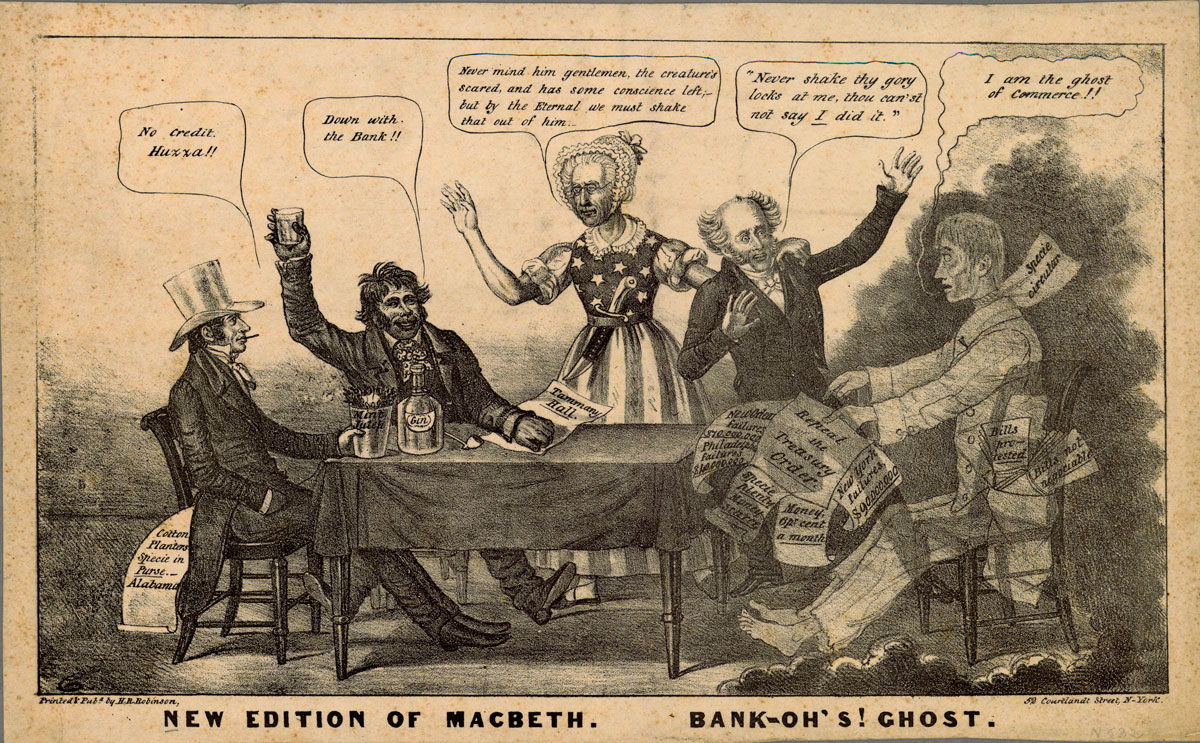Amen, Peter. You do realize, of course, that almost no one presently alive has ever lived in a society in which marriage is anything other than an optional (and when consummated, temporary) matter of convenience that exists for the purpose of providing tax breaks, family health insurance policies, and rules of descent? Teaching them that the particular piece of reality we call “marriage” is impervious to their efforts to redefine it requires that they first abandon the way they comprehend the world. And they really, really like how they comprehend the world. They like it so much they would sooner reduce society to rubble than desist. If you have any thoughts on how to undertake this Herculean task, with some hope it isn’t Sisyphean, I’ll look forward to them.
(source: Back to Life, Back to Reality | Hang Together)
I know of nothing I can do, here, but pray, study, teach, and advocate–I know of nothing else that would work. When I have a chance to influence policy questions, I choose the one which best approximates what I advocate: in results and expression, if possible; in results alone, if the expression isn’t counterproductive; in expression alone, if I can’t get results; that system leaks in the middle, but is better than advocating merely symbolic voting, quietism, or an indefinitely-removed-from-any-real-ends pragmatism.

And I plan to spend my life trying to ensure that as many as possible are hedged, sandbagged, and provisioned to last out the winter of our culture’s failure. All the while softly hoping that I’ll be proved wrong, that there were hundreds of prophets in the next cave over, that Hercules was ready with a shim to wedge the boulder at the top. Softly hoping, not smirking with futile optimism.
Forgive me for being too much of a poet, but I can live with relative despair to avoid absolute despair. Faced with despair, our alienated moderns still reflexively reach for something that simulates reality, even if they have to wrap it in subjectivist gobbledygook:
Yet there remains a persistent counterimpulse, an irresistible tug toward stasis and toward those truths that, in Melville’s words, will not be comforted. At the antipode of American exuberance and optimism there is the poet’s small, still, private voice, the voice of individual conscience; the voice, for instance, of Dickinson, who, like Rainer Maria Rilke and Gerard Manley Hopkins, mined the ideal vocabulary for investigating those shifting, penumbral states of consciousness that do, in the long run, constitute our lives. Whatever our public identities may be, whatever our official titles, our heralded or derided achievements and the statistics that accrue to us like cobwebs, this is the voice we trust. For, if despair’s temptations can be resisted, surely we become more human and compassionate, more like one another in our common predicament.
There is a pain — so utter —
It swallows substance up —
Then covers the Abyss with Trance —
So Memory can step Around — across — upon it —
As one within a Swoon —
Goes safely — where an open eye —
Would drop Him — Bone by Bone. [Emily Dickinson]
(source: The Deadly Sins/Despair – The One Unforgivable Sin – NYTimes.com)
Or, as someone alienated from faith still earlier than Joyce Carol Oates penned in persona Sancti Pauli:
As long as there are glasses that are dark—
And there are many—we see darkly through them;
All which have I conceded and set down
In words that have no shadow. What is dark
Is dark, and we may not say otherwise;
Yet what may be as dark as a lost fire
For one of us, may still be for another
A coming gleam across the gulf of ages,
And a way home from shipwreck to the shore;
And so, through pangs and ills and desperations,
There may be light for all. There shall be light.
As much as that, you know. You cannot say
This woman or that man will be the next
On whom it falls; you are not here for that.
Your ministration is to be for others
The firing of a rush that may for them
Be soon the fire itself. The few at first
Are fighting for the multitude at last;
Therefore remember what Gamaliel said
Before you, when the sick were lying down
In streets all night for Peter’s passing shadow.
Fight, and say what you feel; say more than words.
Give men to know that even their days of earth
To come are more than ages that are gone.
Say what you feel, while you have time to say it.
(source: Three taverns : a book of poems / by Edwin Arlington Robinson [electronic text])
What would I do, but educate and advocate, and build and share with my neighbors? What else is there to be done, when “trust in princes” and faith in the tenuous consensus of the Founding has been so thoroughly given the Pharoah’s-plague treatment by an entirely natural, yet wholly unnatural, swarm of locusts over the past many, many years (go back at least to Reconstruction)?

I know Greg will writhe at this vocabulary, but I can think of no honest alternative.
And if the result is rubble, well, then I will build with rubble. It has been done before.
But this is why I speak of the self-destruction of classical liberalism by its anti-realist fecklessness in the face of those who have learned how to rig the language-game in their favor as the entrance of a new Dark Age. Because whether it is comfortable and materially prosperous for a while, or whether our spiritual indigence is manifested rapidly, the dominant modes of thought and living in our culture promise darkness and poverty, narrowing and alienation, on a scale properly called cataclysmic. (should it actually be Apocalyptic, well, Laudate Deo!)
Reality does have a way of asserting itself.










